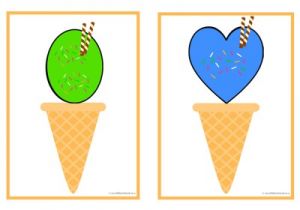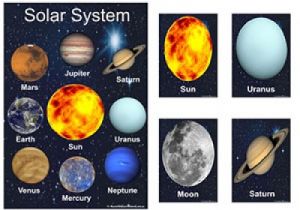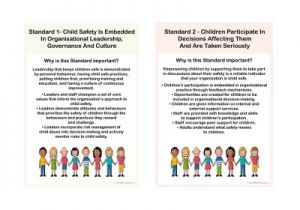

The EYLF Reference Posters Version 2.0 have 3 different posters. 1 poster of the EYLF Learning Outcomes, 1 poster of the EYLF Principles and 1 Poster of the EYLF Practices. These are great for Educators to use to refer to.
The 8 Practices are supported by early childhood pedagogy's guiding principles. The following article provides details of each of the 8 Practices in the EYLF.
The 8 Principles of children's learning and early childhood teaching represent modern theories, viewpoints, and research data. The Principles serve as the foundation for a practice that is geared toward helping all children progress with respect to Learning Outcomes. The following article provides details of each of the 8 Principles in the EYLF.
The following lists the sub-outcomes, examples of evidence when children achieve each sub-outcome and how educators can promote and help children to achieve EYLF Outcome 5 - Children Are Effective Communicators V2.0.
The following lists the sub-outcomes, examples of evidence when children achieve each sub-outcome and how educators can promote and help children to achieve EYLF Outcome 4 - Children Are Confident And Involved Learners V2.0.
The following lists the sub-outcomes, examples of evidence when children achieve each sub-outcome and how educators can promote and help children to achieve EYLF Outcome 3 - Children Have A Strong Sense Of Wellbeing V2.0.
The following lists the sub-outcomes, examples of evidence when children achieve each sub-outcome and how educators can promote and help children to achieve EYLF Outcome 2 - Children Are Connected With And Contribute To Their World V2.0.
The 5 Learning Outcomes are intended to document the complex and integrated learning and development of every child from birth to age five. They recognise that children learn in a variety of ways and at varying rates depending on their ability. The following articles provide a list of the 5 EYLF Learning Outcomes and their sub-outcomes (Version 2.0).

Ice Cream Shapes Match is a simple shape-matching activity for children. Children have to choose...
View Worksheet...
The Planet Posters are a visual representation of the planets in our solar system. It's...
View Worksheet...
The NSW Child Safe Standards Posters display each of the 10 standards as well as...
View Worksheet...© 2009-2025 Aussie Childcare Network Pty Ltd. All Rights Reserved.

